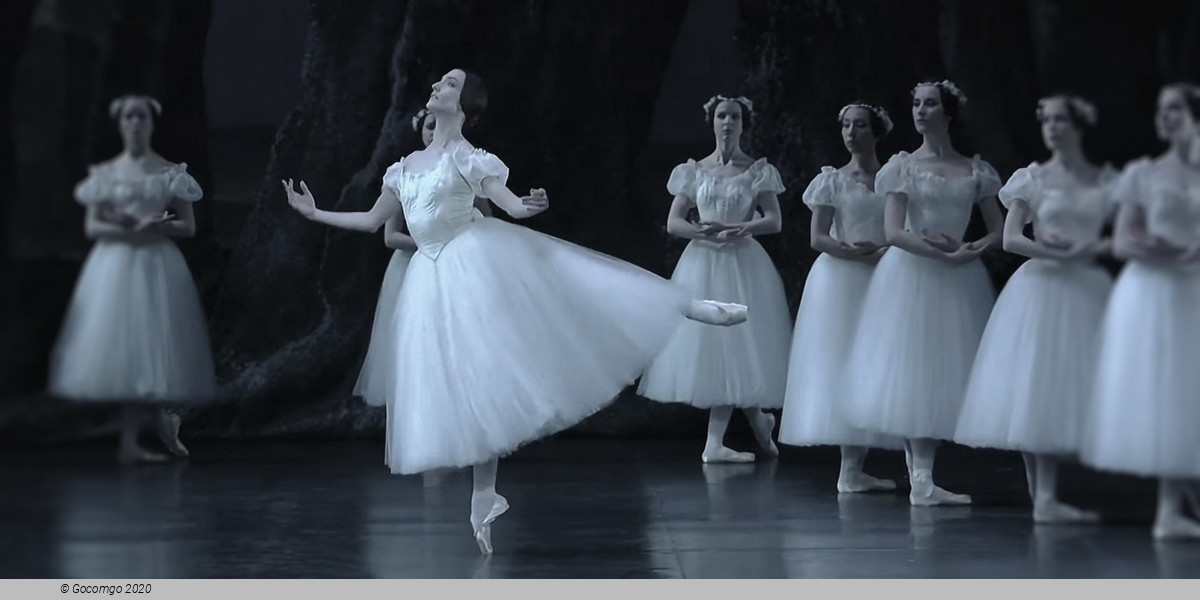Events78 results
About
Christian Johann Heinrich Heine (13 December 1797 – 17 February 1856) was a German-Jewish poet, journalist, essayist, and literary critic. He is best known outside of Germany for his early lyric poetry, which was set to music in the form of Lieder (art songs) by composers such as Robert Schumann and Franz Schubert. Heine's later verse and prose are distinguished by their satirical wit and irony. He is considered part of the Young Germany movement. His radical political views led to many of his works being banned by German authorities—which, however, only added to his fame. He spent the last 25 years of his life as an expatriate in Paris.
Heinrich Heine is one of the richest lyric talents in the 19th century. He introduced romantic irony to poetry. Some of his artistically virtuoso songs and ballads have become folk music.
As a satirist, Heine was apt, and with his ironic prose style he became the founder of modern Feuiletonism. His poems have been translated into many languages.
The idea of German romanticism abroad is essentially determined by him.
Heinrich Heine was born in Dusseldorf in 1797. His father was a merchant.
He studied business administration in Frankfurt and Hamburg. He fell in love with his cousin Amalia and dedicated many beautiful poems to her. But he was not interested in a commercial career.
He then studied law in Bonn, Göttingen and Berlin. At the same time he had also heard historical and philological lectures. After graduating, he worked as a freelance writer and journalist. He made trips to London, to Italy.
In 1831 he went to France as the reporter of the Allgemeine Zeitung and moved to Paris, where he worked as a democratic revolutionary publicist.
In 1841 he married Mathilde Mirat in Paris and stayed in France. He only saw Deulschland on two short visits.
From 1848 the Dichler became seriously ill and tied to the Belt. In 1856 he succumbed to his serious illness.
Heine is one of the most talented writers of the 19th century.
He introduced the romantic Ironic to poetry and is known as the founder of German journalism. Many of his songs and ballads have become folk songs.
His most important poetic collections include: "Book of Songs," "Travel Pictures," "Germany. A Winter's Tale »,« Romanzero ». In Germany he became known by the "book of songs". The "Book of Songs", Heine's first great book of poetry, consists of vicr cycles: "Young Suffering", "Lyrical Interlude", "Homecoming", the "North Sea". It was published in 1827.
His poems have been translated into many languages. Particularly popular is the poem "Lorelei". It was set to music by Friedrich Silcher and received the folk song character. The theme of the beautiful maiden on the rock was processed by many poets. Heines Gedichl became best known and adopted the folk song character. The fishermen on the Rhine were enchanted by their singing, did not see the rocky reefs and were killed. There are many translations of this poem into Russian.
Heinrich Heine had found sympathy and recognition in Russia. Since the nineteen-twenties of the nineteenth century, every well-known Russian poet knew Heine's work, and many became translators of his poetry and satirical writings. From Germany. A winter fairy tale »e.g. he created five translations. Particularly well known are the translations of Lermontov.
Maxim Gorki admired in Heine the creator of an active and forischrittlichen Romanlismus. Mayakovsky also expressed his sympathy for Heine with a poem.


